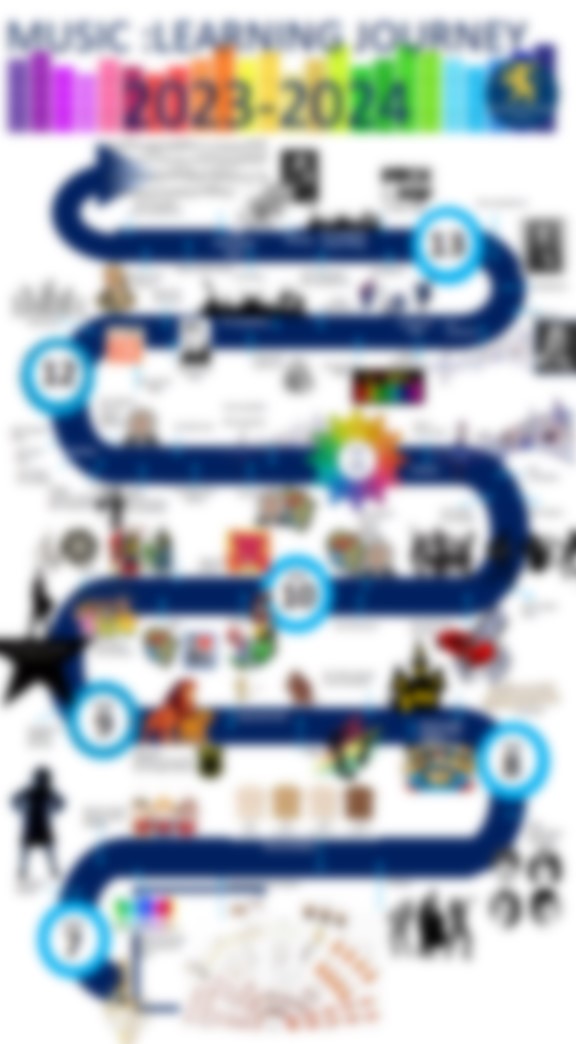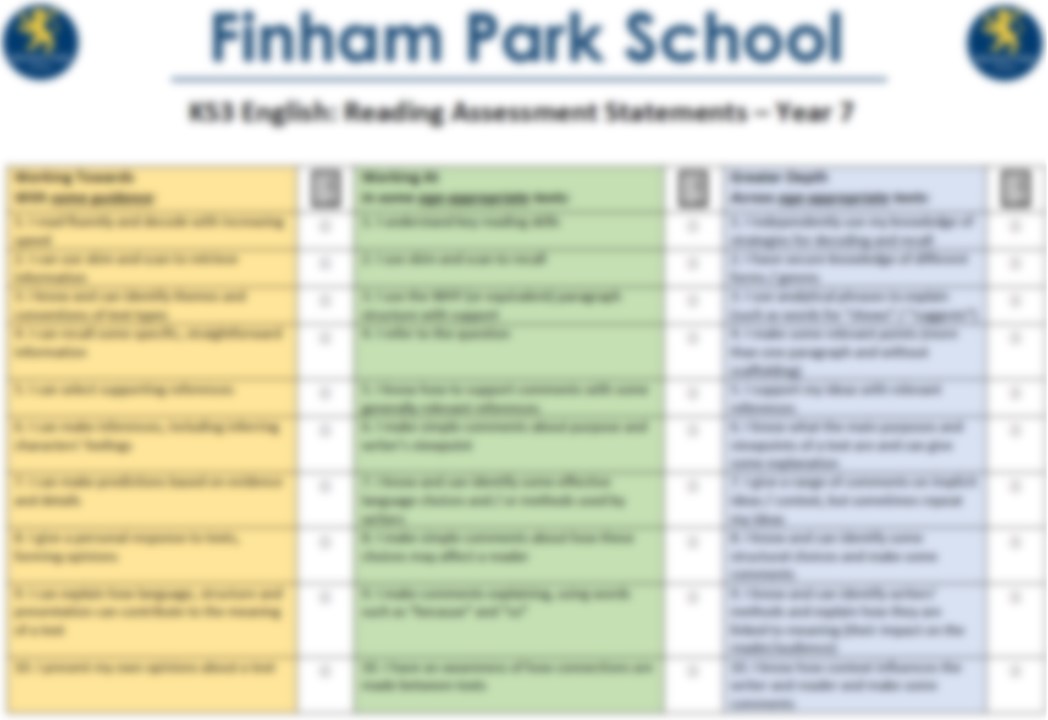History
Welcome to the History department
Curriculum Intentions and Aims
To enable students to question and influence the people and communities around them and help students make sense of the world as it is by exploring the world as it was, in an intriguing and ambitious way. We strive to make our curriculum representative of the past’s inhabitants, aiming to understand the broadest possible picture and the details that illuminated it.
Students investigate the complexity of the past across a range of thematic, depth and development studies. Our challenging and spiralling curriculum offers enquiries into the past which explore national, international and local scales and our use of scholarship within these enables students to appreciate the contested nature of History. To do this we cover more than the National Curriculum at Key Stage 3 and our assessment points are planned to provide opportunities for progression with regular formative feedback.
History is a popular choice at GCSE and we have large A Level classes, with many often going on to study History at university. Our results are consistently higher than the national average but Increasing student’s historical knowledge, curiosity, critical thinking and communication skills are all key functions of our curriculum from Year 7 onwards. Increased knowledge of the past helps inform the identity of our young people; this curriculum gives them both the confidence to build strong arguments of their own and flexibility to incorporate new perspectives into their thinking.
History is the study of past events, people and places. Students study a variety of topics covering British, European and World history to ensure that they receive a balanced and coherent course of study, these include:
Key Stage 3
Students begin Year 7 with an enquiry into how the Normans took control of England. They then consider the power of medieval monarchs before assessing the extent to which the Reformation impacted England under the Tudors. Towards the summer term Year 7 students are introduced to the Transatlantic slave trade and analyse its effects and eventual abolition. Students end Year 7 with a thematic study investigating migration to Britain through time.
In Year 8 students will build upon the skills introduced in History in their first year here at Finham and will develop their understanding through an analysis of the events of the twentieth century. We deal with the themes of conflict and tension through a consideration of World War One, the inter-war years, Nazi Germany and World War Two.
Students begin Year 9 with a depth study of the Holocaust before embarking on a thematic study of medicine through time. Assessments take place within each topic for all years where students are challenged to debate and reflect on what they have studied.
Key Stage 4
The History Department currently follows the AQA GCSE syllabus which is 100% exam based. The GCSE consists of 2 written exams lasting 2 hours each which are taken in the summer term of Year 11. One paper assesses knowledge of two British topics and the other paper assesses two wider world topics.
For Paper 1 (Understanding the Modern World) GCSE historians study America, 1840-1895: Expansion and Consolidation and Conflict and Tension, 1918-1939. In the America topic students follow the expansion of the country into the west and learn about the development of its influence through the second half of the nineteenth century. The Conflict and Tension topic focusses on attempts at peacemaking following the First World War and seeks to find answers about the causes of the Second World War.
For Paper 2 (Shaping the Nation) GCSE historians study Health and People, C. 1000 to the present day and Norman England, c.1066-c.1100. The Health and the People topic is a thematic study about how medicine has changed and progressed throughout time. We look at the fight against disease, public health and surgery in a range of different time periods including the Middle Ages, the Renaissance, 1750-1900 and the 20th century. Part of the course also focuses on themes and how these have helped developments in medicine for instance, warfare, religion, science and technology and their effects. As part of this we also consider the role of individuals and different groups and how they influenced the fight to understand and treat illness. As part of their study of the Norman Conquest, students draw conclusions about life under the Normans as they discover how William the Conqueror secured the English throne and consolidated the Norman’s position in England. As part of this unit, every year students are assigned a different historical site linked to the Norman Conquest which they must study in detail in order to answer a question on it in the exam.
Our topics are sequenced across the course of the GCSE to give students opportunities for retrieval and retention of the four topics throughout. We vary our sequence between British and world history to enhance student engagement whilst enabling students to continually develop their knowledge.
Key Stage 5
A Level students have two teachers in history, each teaching students a different section of the course. We teach the AQA syllabus.
The A Level course consists of 3 sections. One is a study of India which is a non-examined assessment (NEA) essay worth 20% of the overall A Level grade. The other two are exam based and taken at the end of Year 13. One is based on a study of British history and the other European.
British History: The English Revolution 1625-1660
European History: Russian history covering the years 1855-1964, the three Tsar’s (Alexander II, Alexander III and Nicholas II) and the three dictators (Lenin, Stalin and Khrushchev).
India NEA: 1847-1947 Indian Independence and Partition. This is assessed as an historical enquiry of 3500 words.
Learning and Assessment in History
In History we use a wide variety of stimuli to inspire and encourage our students to be active participants in our lessons. These include: pictures, cartoons, written sources, films, documentaries, newspapers and music. Students are offered a range of perspectives in the sources they are provided with to consider at all Key Stages and students are encouraged to take responsibility for their own learning through a variety of activities which are designed to meet the needs of all learning styles.
Throughout Key Stage 3, 4 and 5 students are assessed on a number of historical skills including: knowledge and understanding; use of source material, and understanding different interpretations. They are encouraged to develop their skills of analysis and judgement, which are essential for success at GCSE and A Level, and to draw conclusions on the following within the topics they study: change and continuity; cause and consequence, significance, and similarity and difference.
Enjoying History

In History we use a wide variety of stimuli to inspire and encourage our students to be active participants in our lessons. These include: pictures, cartoons, written sources, films, documentaries, newspapers and music. Students are offered a range of perspectives in the sources they are provided with to consider at all Key Stages.

We also like to bring history to life for the students by taking them out of the classroom and inviting external speakers in to offer an alternative perspective. Our trips have included visits to the Imperial War Museum, residential trips to Belgium to see the war graves, and trips to Krakow to visit sites that commemorate the Holocaust. Trips to relevant historical sites have also been offered as part of the GCSE course. We feel strongly that taking learning out of the classroom is a fantastic experience for both pupils and teachers.
Department Staff
| Head of Department | Ms K Hirst (MA) |
| Ms L Willard (MEd) | |
| Mr G Walker (BA) | |
| Ms C Watson (MA) | |
| Ms S Griffiths | |
| Mr D Shield (BA) | |
| Mr N McGrattan (BA) |

